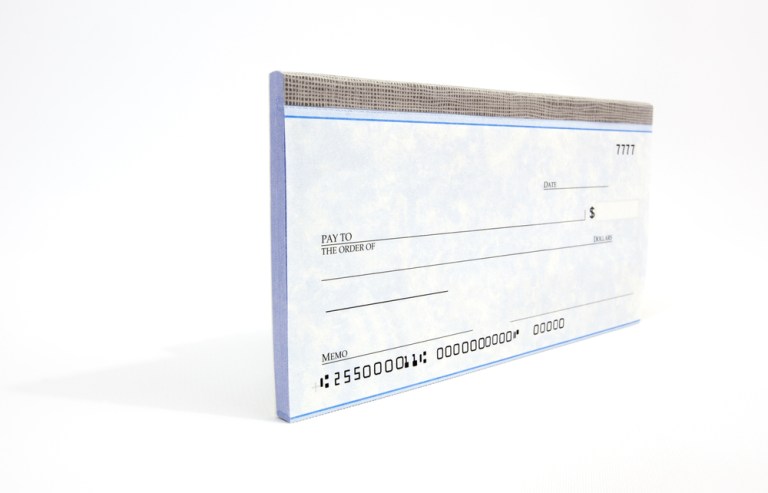Paper Checks’ Uncertain B2B Payments Future

It seems every year for the past five years or so, B2B payments analysts have pondered the future of the paper check — and tried to predict its demise. Yet every year, new evidence emerges that paper checks continue to dominate the supplier payment space.
Muddling the picture of paper checks’ future even further is the often contradictory data on the issue.
Researchers champion digital payments as a way to combat the security, speed and efficiency problems associated with paper checks.
“Simply put: Crooks love checks,” Mike Vigue, VP of product strategy, cyberfraud and risk management at B2B payments company Bottomline Technologies, told PYMNTS. He cited data from the Association of Financial Professionals in its 2016 Payments Fraud Survey, which found that checks were the most common payment rail for payments fraud, with 71 percent of companies surveyed having experienced either actual or attempted check fraud.
“Organizations are realizing that the best way to combat this relentless crime wave is to move to electronic payments,” Vigue continued.
Despite that prediction from Vigue and countless other industry players and analysts, evidence surfaced last year that paper check usage in B2B payments actually went up.
The research, also published by the AFP for its 2016 Electronic Payments Survey, found a 1 percent increase in the use of paper checks for B2B payments compared to levels seen in 2013.
Some financial service providers have reacted to the seeming inability for corporates to let go of paper by giving into demands for check solutions. Patriot Software, for example, announced last August that it rolled out a new service for bookkeepers and CPAs that manage payroll for their clients, providing them with blank check stock to streamline paper payroll check generation.
“Some of our business owners, they’ve been doing it this way since they started their business 30, 40 years ago,” Patriot Accounting Software Specialist Mike Streb explained to PYMNTS. “They aren’t interested in changing it anytime soon.”
Before the disappointment creeps in, however, it’s important to remember that that same survey found evidence to support Vigue’s predictions: The AFP found that 44 percent of businesses say they receive payment via check, down from 50 percent in 2013. With the rise of Same Day ACH, the AFP noted, corporate treasurers are likely to continue this trend away from accepting paper checks and support an ongoing shift toward electronic B2B payments.
And champions of digital B2B payments continue to promote the idea that the time of paper checks is waning. The latest to do so is Blair Jeffery, chief operating officer at digital payments firm Noventis. In an article for PointofSale.com, Jeffery admitted that he is surprised at the perseverance of paper checks.
“If you had asked me in the late 1990s if paper checks would still be used almost 20 years later for business payments, I would have confidently said that there is no way that paper checks would survive the wave of digitalization enabled by the internet and other technology,” he wrote. “Fast forward to the present day, and it is clear that the issue is much more complicated than our industry had originally imagined.”
One of the biggest challenges today, he suggested, is that the process to migrate to a fully automated and digital process for electronic B2B payments — including AR, AP, reconciliation, accounting and other aspects of corporate finance — remain fragmented. And for smaller companies, especially, that process is a challenge. Further, financial service providers can more easily offer only their largest corporate clients a digital billing and payment service.
Jeffery is realistic about the lifespan of the paper check: It cannot be said with certainty that 2017 will be the year that paper checks die (indeed, considering the existing data on the topic, it’s quite unlikely). Yet he remains optimistic that the time of the check will eventually be over.
“I am confident that adoption of ePayment methods will accelerate as a prevailing number of payment players dedicate themselves to solving the last remaining challenges,” he stated. “And there is certainly reason to be hopeful that the dependence on paper processes and checks may finally be nearing its end for businesses — if not this year, then certainly in the years to come.”